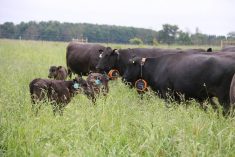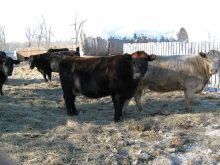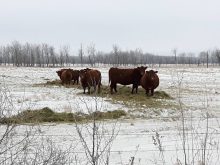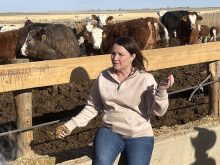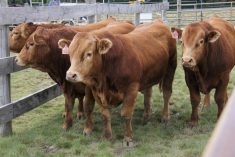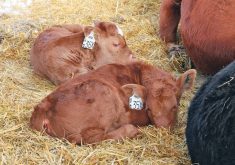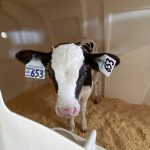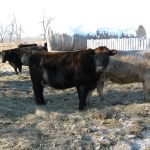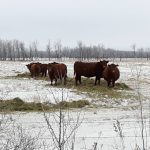Snacks A high percentage of meat snacks in South Africa aren’t what they say they are
Only three days after being told their hamburgers may in fact be donkey or water buffalo, South African meat lovers were dealt another blow: biltong, the fabled dried-meat snack, may not be as “wild” as many packets suggest.
Acting on a hunch — and four years before Europe’s horsemeat scandal broke — researchers at the University of the Western Cape tested 146 biltong samples from major retailers and small butchers from across South Africa.
All packets labelled ‘beef’ were found to be correct but 90 per cent of biltong sticks supposedly made of kudu — a large, curly horned antelope — were actually horse, pork, beef, giraffe or even kangaroo.
Read Also
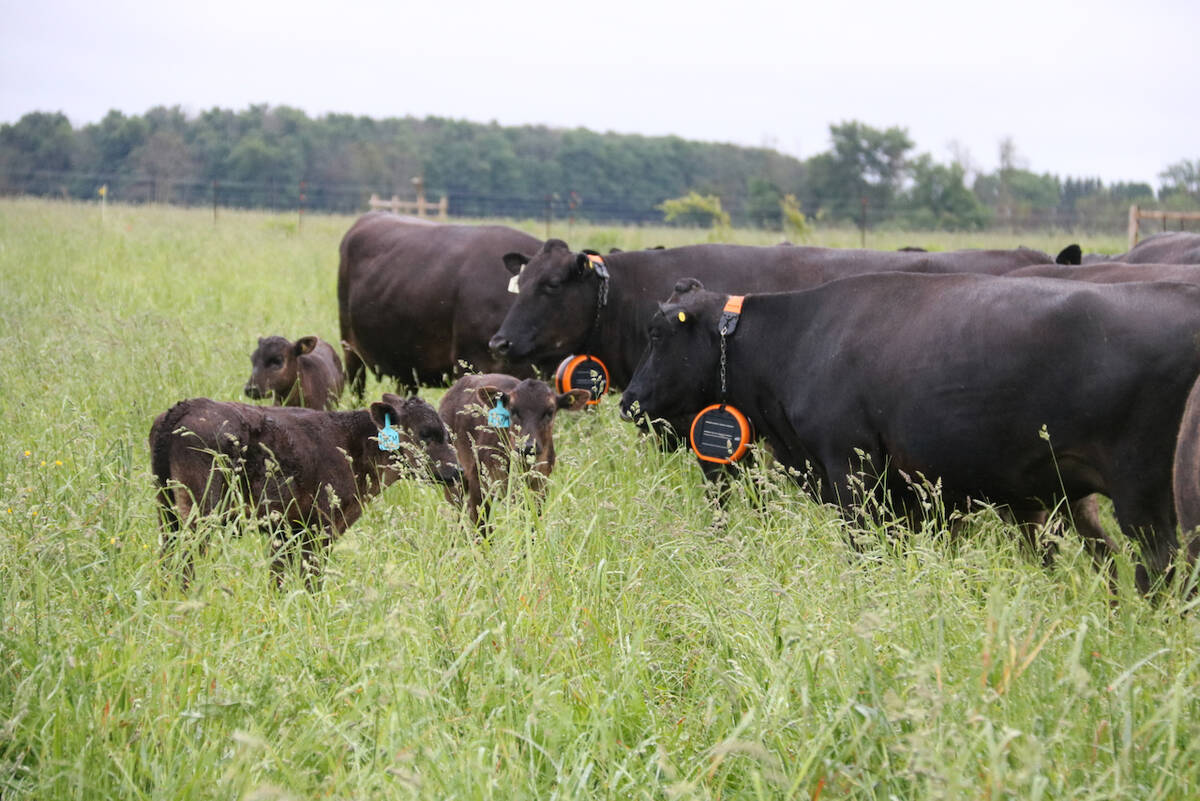
How soil fertility management can boost pasture yield by 43 per cent
Learn how soil testing and targeted fertilization can increase pasture biomass by 43%. Expert tips on N, P, and K management for beef cattle producers.
“It started with curiosity and suspicion because one piece of dried meat looks like another,” researcher Maria Eugenia D’Amato from the university’s DNA Forensics Lab told Reuters.
“We initially tested a few samples and the results were shocking so we decided to formalize the research.”
Furthermore, zebra biltong was found to contain meat from the mountain zebra, a species threatened with extinction.
Biltong, air-dried strips of meat made from wild game or animals reared on the country’s 10,000-plus wildlife farms, is staple fare for South Africans, who regard it as a healthy, low-fat snack.
Research released earlier found that donkey, water buffalo and other unconventional ingredients had been found in almost two-thirds of hamburgers and sausages tested in Africa’s largest economy.


